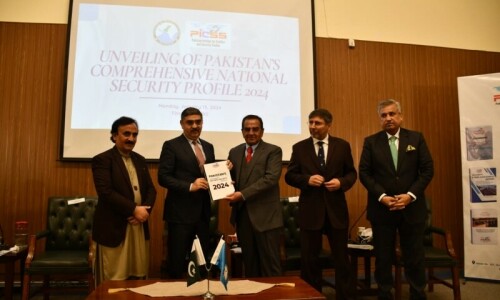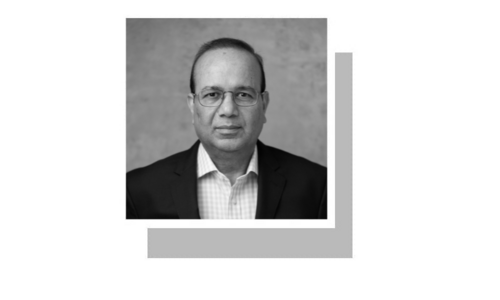KARACHI: The State Bank of Pakistan (SBP) has allowed all Renewable Energy Investment Entities (RE-IEs) to avail financing on easy conditions to remove growing electricity shortage in the country.
The SBP on Monday said that to promote investment in RE solutions by companies, the central bank has eased the conditions for renewable energy solution providers under its Refinance Scheme for Renewable Energy.
With the aim of helping address the challenges of energy shortages and climate change, the central bank revised its Financing Scheme for Renewable Energy in July 2019. Since the inception of the scheme, 717 projects having potential of adding 1,082MW of energy supply through renewable sources have been financed. As of June 30, 2021, total outstanding financing under the scheme is Rs53 billion.
RE, often referred to as clean energy, comes from natural sources — sunlight, water and wind — or processes that are constantly replenished.
Since 2019, projects promising 1,082MW of energy supply have been financed
“Now, all RE-IEs interested in installing renewable energy projects and solutions are allowed to avail refinance under Category-III of the scheme,” said the SBP.
An RE-IE is a business entity (including vendors and suppliers) whose business is to establish renewable energy projects for onward leasing, renting out or selling on deferred payment basis or selling of electricity generated from these projects to end users.
The SBP also launched a Sharia-complaint version of the scheme in August 2019. The scheme now comprises of three categories. Under Category-I, financing is allowed for setting up of RE power projects with capacity ranging from 1-50 MW for own use or selling of electricity to the national grid or a combination of both.
Under Category-II, financing is allowed to domestic, agriculture, commercial and industrial borrowers for installation of renewable energy based projects of up-to 1 MW to generate electricity for own use or selling to the grid or distribution company under net metering.
Under Category-III, financing is allowed to vendors, suppliers and energy sale companies for installation of wind and solar systems of up to 5 MW.
While there is substantial take up under Category-I and II, solution suppliers under Category-III faced problems, said the SBP.
Accordingly, in light of the feedback received from stakeholders including RE solution suppliers, Alternate Energy Development Board (AEDB) and banks, the requirement of AEDB certification has been relaxed for RE-IEs who do not undertake installations on their own but hire services of installers or vendors for installation of RE projects.
“However, vendors, suppliers, engineering procurement and construction (EPC) contractors of these RE-IEs will still be required to be certified under the AEDB certification regulations,” said the SBP.
The SBP expects that this revision in Category-III will further facilitate production of clean energy in the country.
Published in Dawn, October 12th, 2021














































